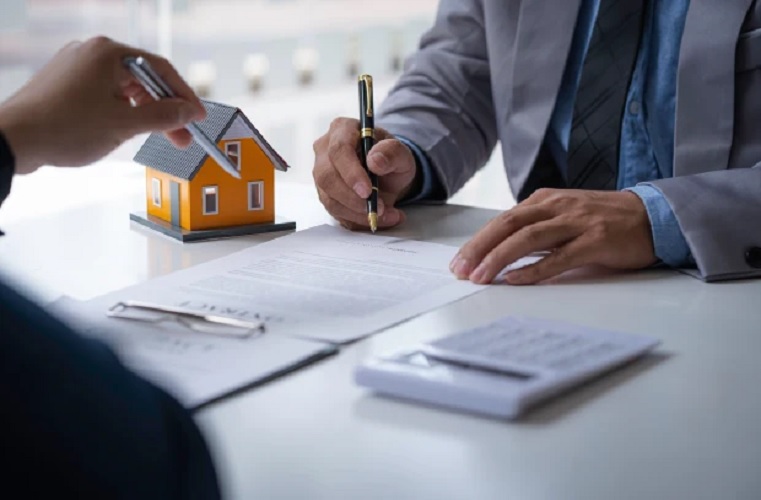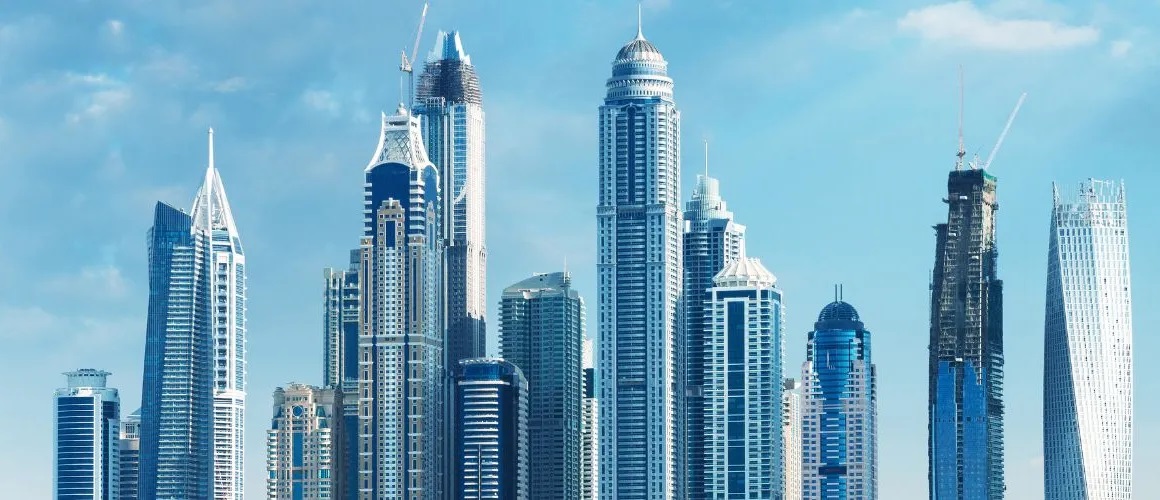The United Arab Emirates is known for its modern architecture, luxurious lifestyles, and booming real estate market, making it an attractive place for non-Arabs. Because of its robust economy, tax-free environment and high-class infrastructure, UAE’s real estate offers numerous investment opportunities. This guide outlines a foreigner’s process when acquiring property in UAE; it entails legal requirements, financing options and practical steps towards a successful transaction. How foreigners buy property in UAE will help us all, especially if you aim to settle in Dubai.
Understanding Property Ownership Rights for Non-Citizens
Non-citizens are allowed to own lands within the UAE, but restrictions differ from one emirate to another. The main emirates where one can buy property are Dubai, Abu Dhabi, and Ras Al Khaimah, which have specific areas set aside for foreigners.
Dubai: Certain areas in Dubai are designated as freehold, allowing foreigners full ownership rights with no time limitations. These are Downtown Dubai, Palm Jumeirah, Dubai Marina, and Jumeirah Lake Towers.
Abu Dhabi: It can be fascinating to see how foreigners buy property in the UAE but on a freehold basis or leasehold rights for up to 99 years in some designated investment zones such as Saadiyat Island, Yas Island, and Al Raha Beach.
Ras Al Khaimah: Offers freehold property ownership in designated areas such as Al Hamra Village and Mina Al Arab.

Legal Requirements and Regulations
To buy real estate in the United Arab Emirates, it is important to grasp the legal context underpinning real estate transactions:
Eligibility: Expatriates must be over 21 years old and fully able to enter into binding contracts.
Property Type: Freehold properties are available to non-residents, while leasehold properties may have constraints on duration or rights.
Developer Approval: Ascertain that the developer selling the property is approved. Review their track records and ensure that relevant agencies recognize them.
Title Deed: A title deed must be registered with the Dubai Land Department (DLD) or its equivalent in other emirates.
Financing Options
There are various financing options available for foreign buyers when acquiring UAE property:
Mortgages: Many local and international banks offer mortgage services to foreigners. Banks normally provide up to 75-80% of the value of a property for residents and 50-70% for non-residents.
Developer Financing: Some developers provide financial packages for off-plan properties, whereby the payment plan corresponds with the construction development stages.
Cash Purchase: Buyers can also choose to pay for property in cash, simplifying the process and eliminating the need to make interest payments.
Steps of Buying Property in UAE
Research And Selection Of The Property
Start by conducting market research to identify suitable properties that meet your budget and requirements. Consider things like location, facilities, developer reputation, and the possibility of capital growth.
Employ A Real Estate Agent
Hire a licensed real estate agent specializing in the region where you want to buy a property. They will be insightful, assist in negotiations, and ensure a seamless transaction.
Arrangements For Viewing
Plan appointments for inspections of shortlisted properties to evaluate their condition, location and amenities. Note any potential problems and confirm that the property is within legal and safety limits.

Bid Offer
When you find a property you intend to own; communicate through your realtor with an offer. Bargain on price and conditions with the seller until they agree.
Sign the Agreement
The price is agreed upon, and both parties must append their signatures to the MOU, which provides for the terms and conditions of the sale. A down payment at this stage is usually 10% of the property value.
Conduct Due Diligence
Get a lawyer to do due diligence on the property. This involves verifying the title deed, checking for liens or encumbrances, and ensuring that it complies with all legal requirements.
Finalize Financing
For mortgage finances, finalize loan arrangements with your bank. Make sure you comprehend the terms, including interest rates and repayment schedules.
Transfer Ownership
The last step is transferring ownership of the property through:
No Objection Certificate (NOC): The developer should give an NOC that confirms all dues have been settled.
Transfer Appointment: Schedule a transfer appointment with DLD or relevant authority when both buyer and seller are present or represented by their agents.
Payment: Finish payments for the remaining balance typically via the Manager’s Cheque.
Registration: The property is registered in the buyer’s name, and a new Title Deed has been issued.
Property Purchase Costs
If you are looking at buying a property here in Dubai, see how foreigners buy property in UAE and get ready for possible additional costs:
Registration Fee: 4% of the value of the property. Payable to DLD or relevant authority.
Agent Commission: Normally amounting to 2% of the property’s value.
NOC Fee: Varying between AED 500 to AED 5,000, depending on the developer.
Mortgage Registration Fee: This is payable if the mortgage is used and amounts to 0.25% of the loan amount.
Miscellaneous Fees: Such as legal fees, valuation fees and administrative charges.
Benefits of Buying Property in UAE
Tax-Free Environment: The country does not tax income or capital gains from real estate investments.
High Rental Yields: UAE has one of the highest rental yields compared to other global markets thus making it attractive for investors.
Stable Economy: It has a strong and diversified economy that provides a stable property investment environment.
Residency Visa: This depends on the emirate and property value where homebuyers may be eligible for a residency visa.
If someone understands the legal requirements, financing options, and steps involved, buying property in the UAE is easy. By conducting a comprehensive examination, working with experts in the field, and observing local laws, one can invest successfully in one of the most vibrant real estate markets in the world today. With enormous opportunities for long-term growth, whether for personal use or investment, property ownership in the UAE carries significant benefits.
